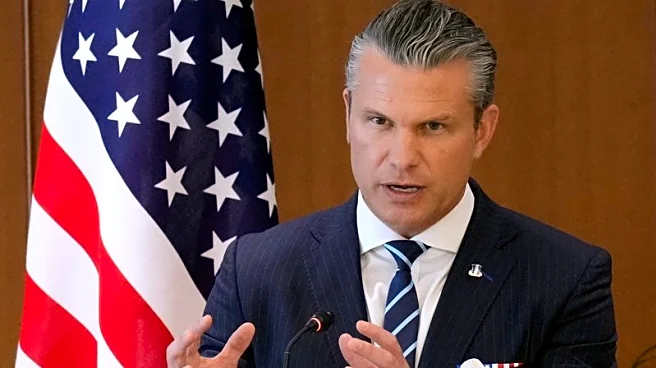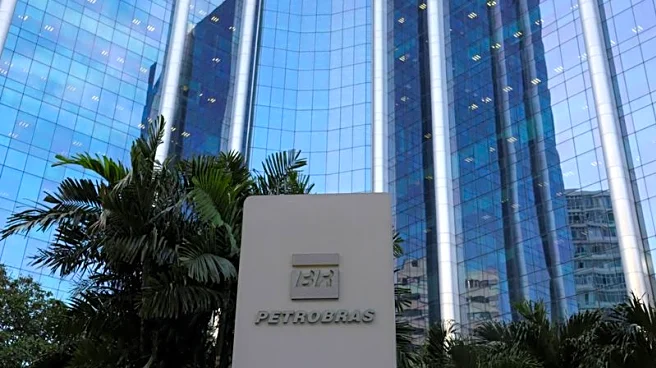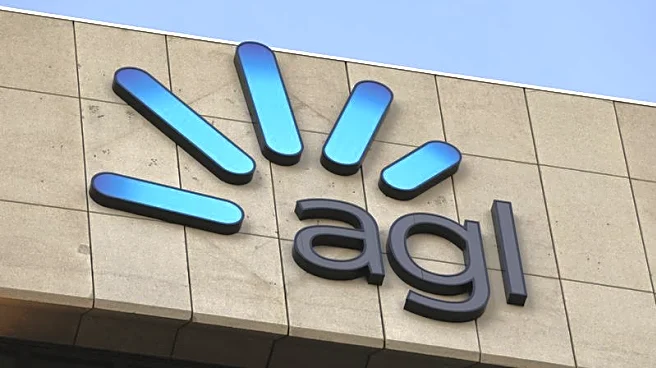SEOUL (Reuters) -U.S. Defense Secretary Pete Hegseth visits South Korea on Monday for talks expected to involve Washington's goal of reshaping the role of U.S. troops in Korea in an evolving security environment and is also expected to visit the DMZ border with North Korea.
The defence chiefs are scheduled to hold the annual Security Consultative Meeting (SCM) on Tuesday, the highest-level forum where the two countries chart the course of their military alliance and South Korea's defence against nuclear-armed
North Korea.
South Korean Defense Minister Ahn Gyu-back and Hegseth will discuss combined defence readiness against North Korea and cooperation on regional security and cyber and missile defence, the South's ministry said.
The two are expected to discuss plans to respond to the "changing security environment and threats" by developing the alliance between the two countries, it said.
Washington is considering making the role of the 28,500 U.S. troops in South Korea more flexible with an eye on maintaining the balance of power in Asia amid concerns about Chinese activities in the South China Sea and around Taiwan.
U.S. officials have signalled a plan to make the U.S. forces more flexible to potentially operate outside the Korean peninsula in response to a broader range of threats such as the defence of Taiwan and to check China's growing military reach.
South Korea has resisted the idea of shifting the role of U.S. troops but has worked to grow its defence capabilities in the past 20 years with the goal of taking on the command of the combined forces - including its 450,000 troops - in wartime.
South Korea plans the largest defence budget increase in years for 2026 partly to address U.S. President Donald Trump's demand its allies pay more for U.S. military presence in their countries.
Hegseth is expected to visit the Panmunjom truce village on the Demilitarized Zone (DMZ) border with North Korea with South Korea's Ahn.
Nuclear-armed North Korea has ignored overtures from Trump and South Korean President Lee Jae Myung for dialogue and has dramatically advanced its missile and conventional military capabilities.
(Reporting by Jack Kim in Seoul and Idrees Ali in Washington; Editing by Stephen Coates)

















